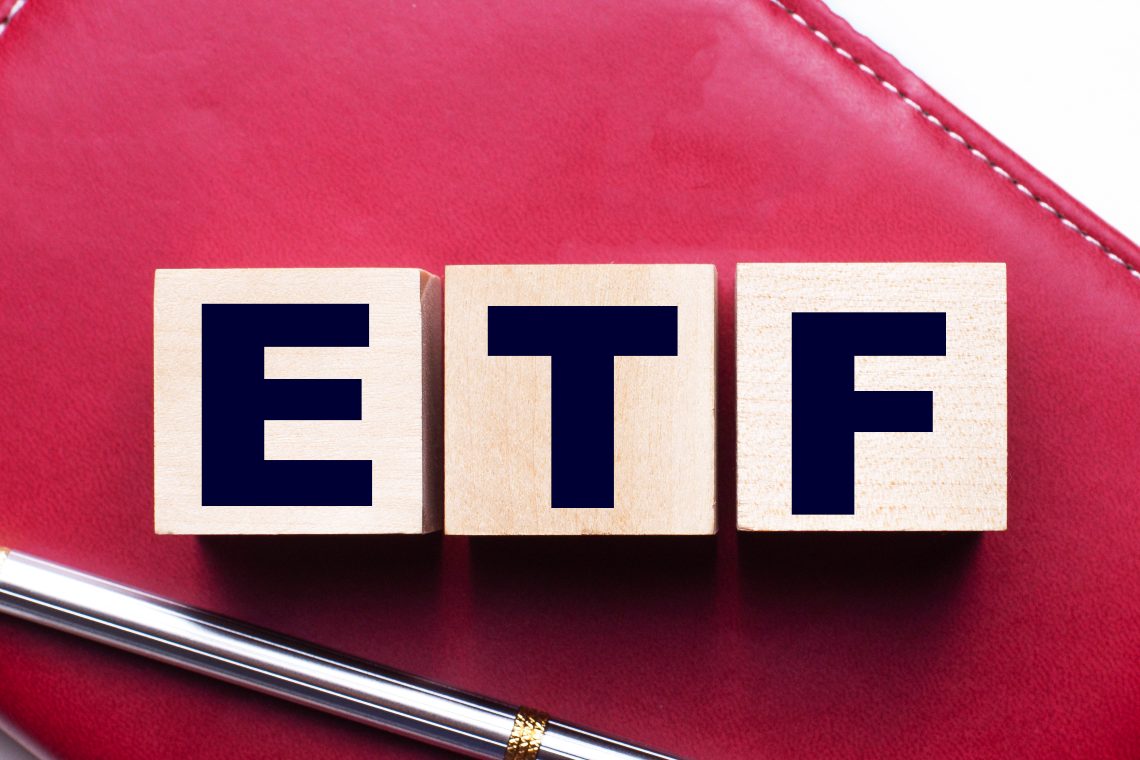ARK Investment, the financial company founded by Cathie Wood, has applied to the SEC to issue an ETF on bitcoin.
As stated in the official document published on the SEC website, the fund will be called ARK 21Shares Bitcoin ETF, and will be traded on Cboe BZX Exchange.
Its objective is to try to replicate the stock market performance of the price of bitcoin using the S&P Bitcoin Index. This Index is designed to reflect the performance of bitcoin in US dollars.
To achieve this the fund will hold BTC bitcoin and value its shares daily based on the Index.
21Shares US is the sponsor of the fund and the trustee is Delaware Trust Company. Custody of the BTC will be handled by Coinbase Custody Trust Company.
ARK chose 21Shares as a partner because of its experience in creating cryptocurrency ETPs in Europe, and Cathie Wood in May joined the board of directors of Amun Holdings, the parent company of 21Shares.
The document submitted to the SEC is very long and articulate (84 pages, plus appendices), mainly because the SEC continues to be critical of this type of fund.
Will the SEC approve Cathie Wood’s Bitcoin ETF?
The problem is primarily the risks associated with having an ETF on bitcoin in the retail market, and ARK responds by saying that indeed any downturn in the use or adoption of bitcoin may result in increased volatility or price declines that could negatively impact the value of the fund’s shares. Any disruption in bitcoin production or transaction validation could also have similar impacts, but it must be said that these are apparently remote risks to date.
ARK clearly specifies that the price of bitcoin still experiences high levels of volatility, sometimes sudden and extreme. Due to such volatility, the fund’s shareholders could also substantially lose their entire investment in a very short time, e.g. in the course of a single day.
Moreover, the spot markets on which bitcoin is traded are relatively new and largely unregulated, so they could also be more exposed to fraud and security breaches.
ARK also specifies that, in theory, the loss of private keys, even by the custodian, could also result in the loss of the entire investment in the fund.
The price reference index also carries risks, as it has a limited history, and there is no guarantee that the methodology currently used will allow the index to adequately track the price of bitcoin in the future.
Therefore ARK concludes by writing to the SEC:
“Shareholders may choose to use the Trust as a means of investing indirectly in bitcoin. As noted, there are significant risks and hazards inherent in the bitcoin market that may cause the price of bitcoin to fluctuate widely. Shareholders considering a purchase of Shares of the Trust should carefully consider what percentage of their total assets should be exposed to the bitcoin market, and should fully understand, be willing to assume, and have the financial resources necessary to withstand, the risks involved in the Trust’s investment strategy, and be in a position to bear the potential loss of their entire investment in the Trust. Because the value of bitcoin, and thus the value of the Shares, may be extremely volatile, shareholders will need to monitor their investment frequently”.
The key point is probably this. Namely that it is virtually impossible to eliminate the many risks, direct and indirect, arising from investing in bitcoin, so it should be up to investors to consciously decide whether or not they consider themselves willing to take all these risks.
The problem is that instead, unfortunately, many retail investors are known to have little or no knowledge of what bitcoin is, and for example no real idea of how it works.
ARK’s position is clear and understandable, but probably the SEC still sees problems.
The post Cathie Wood wants to launch an ETF on bitcoin appeared first on The Cryptonomist.





















